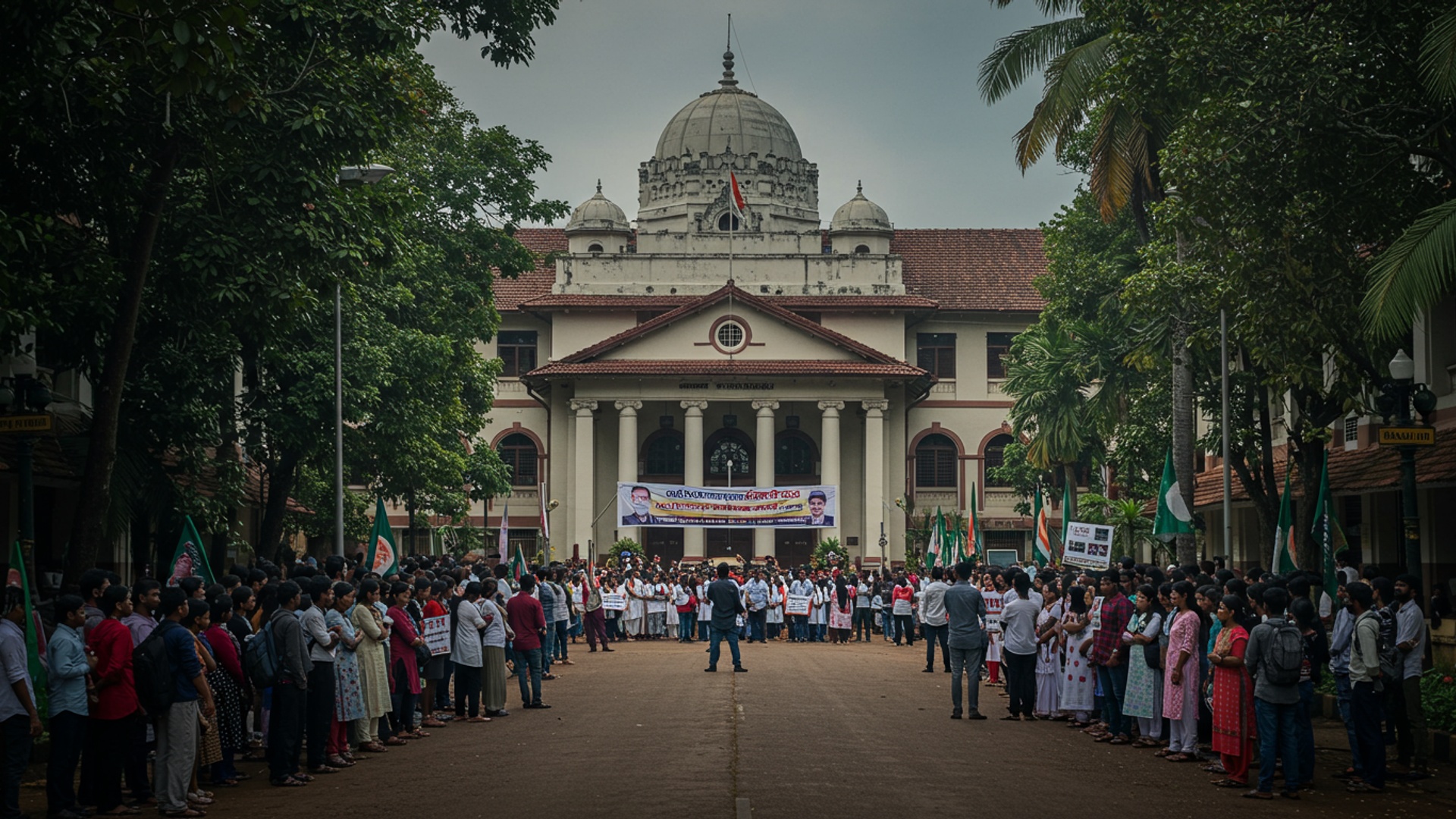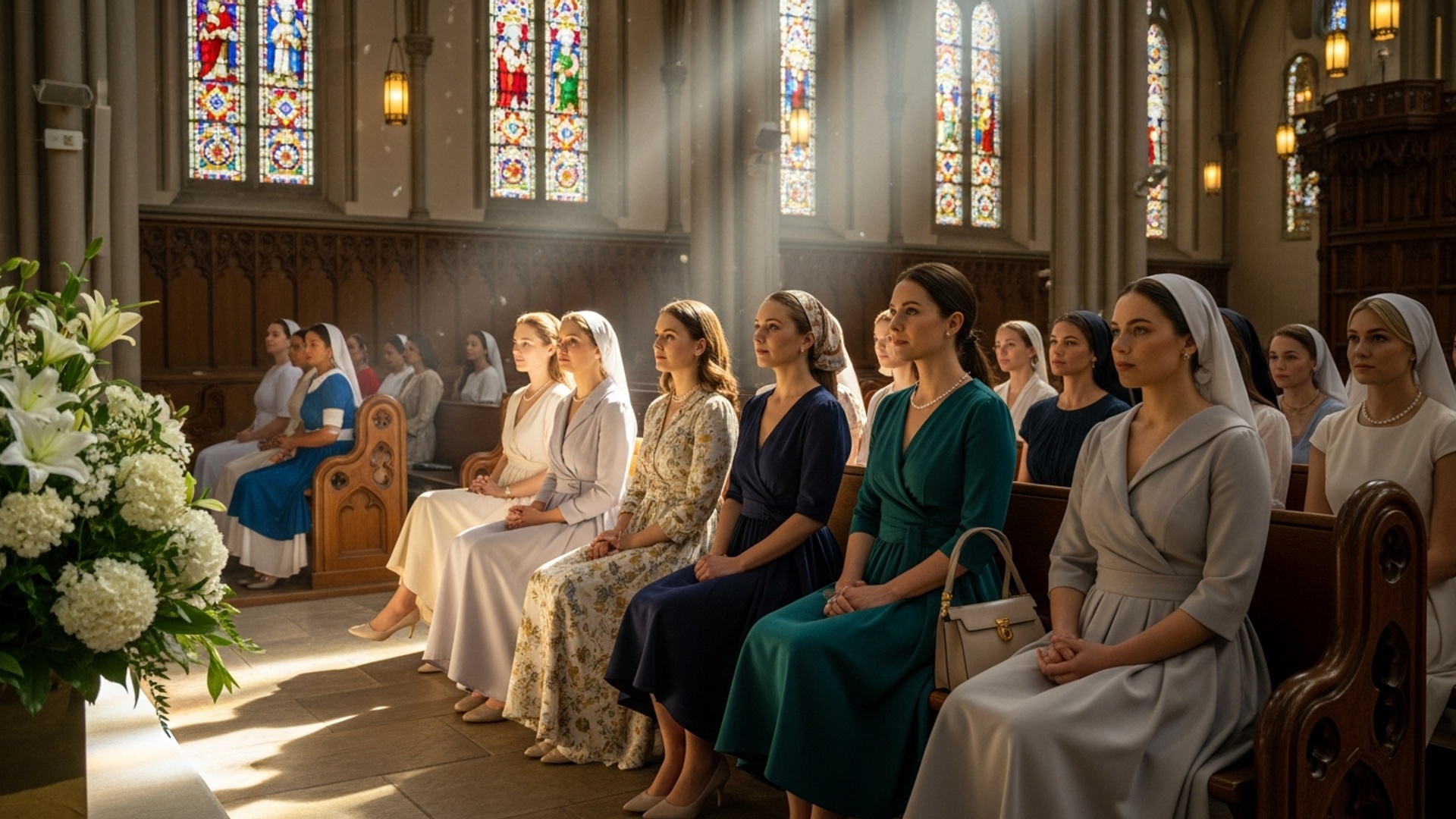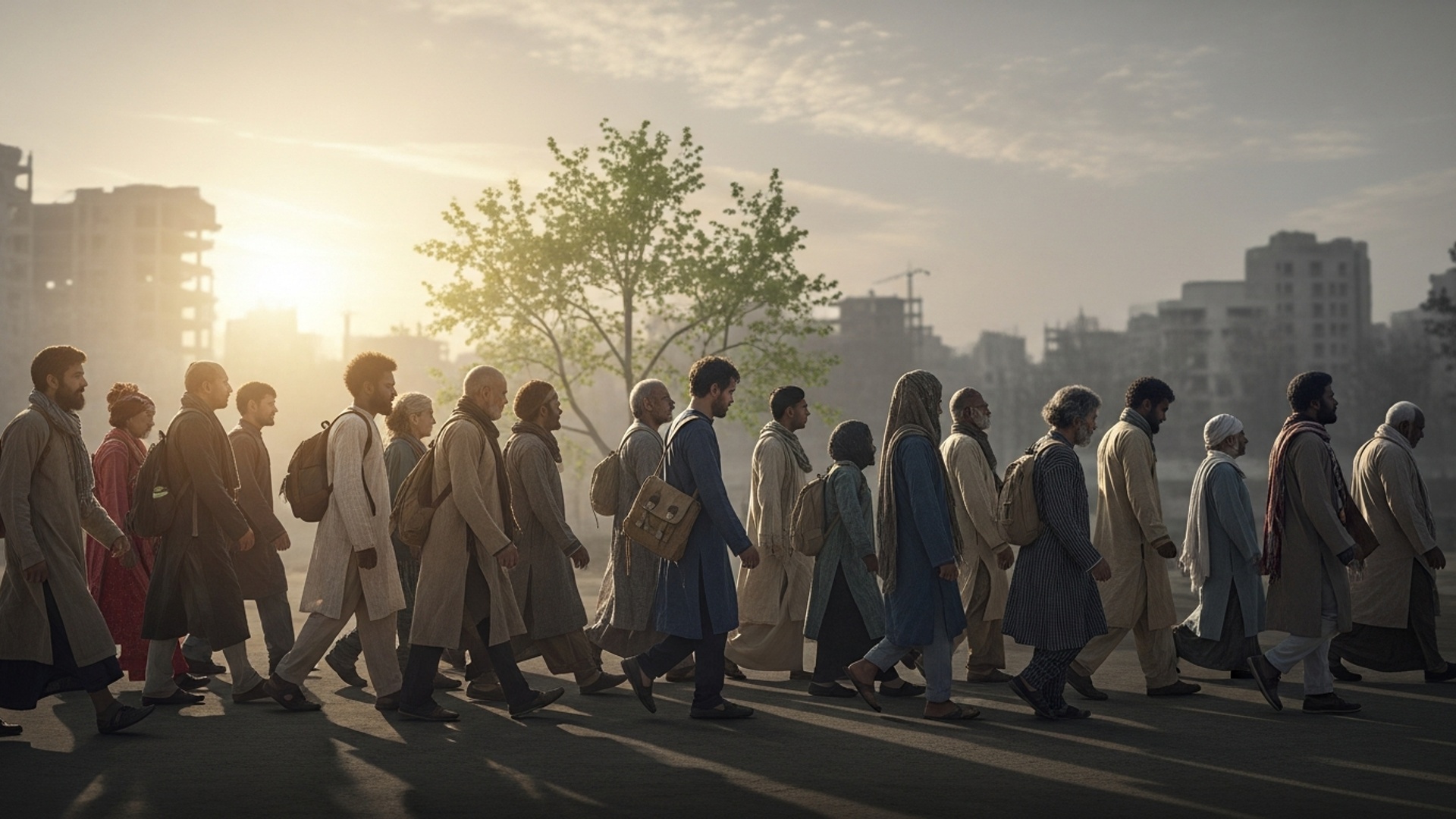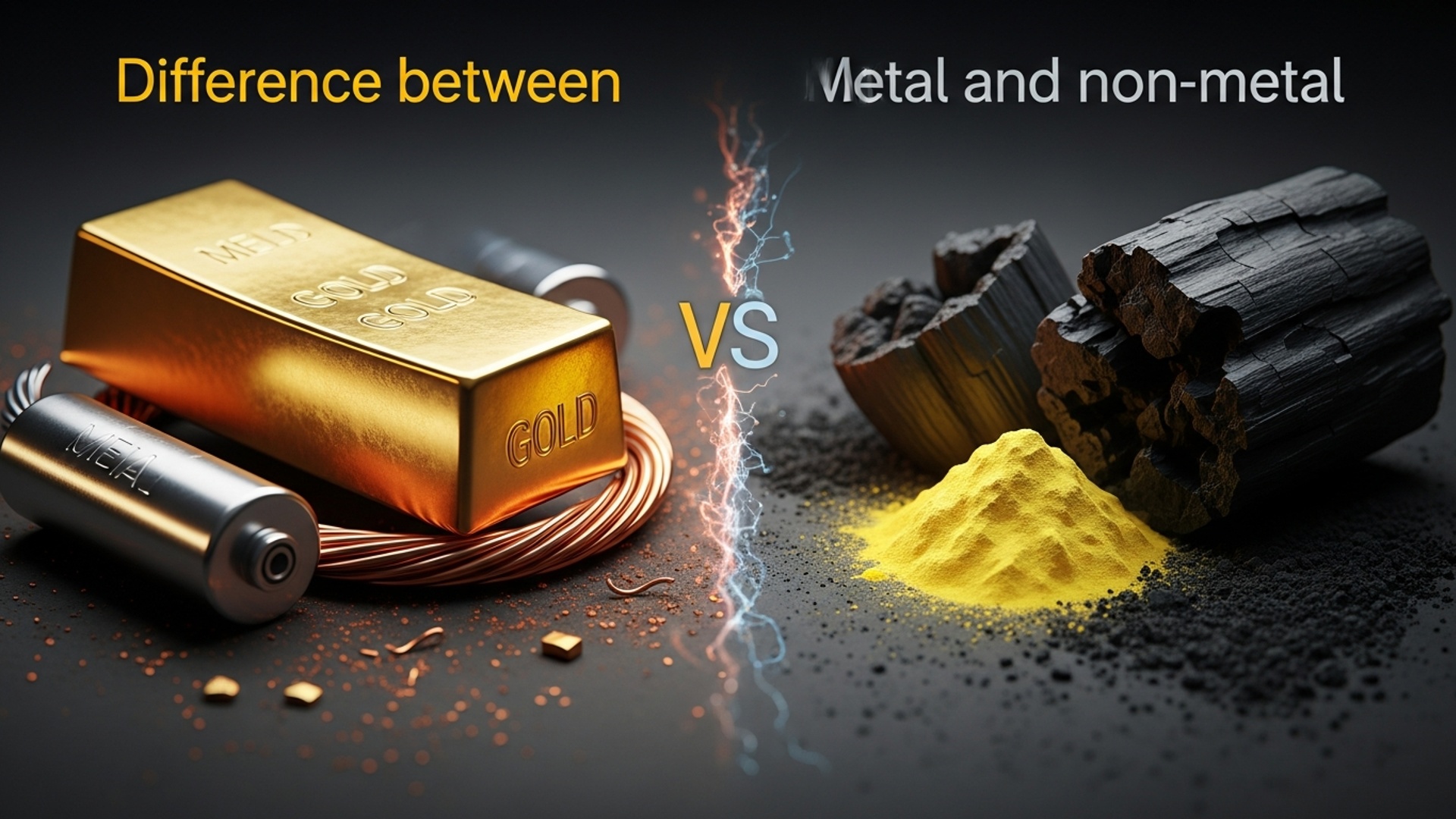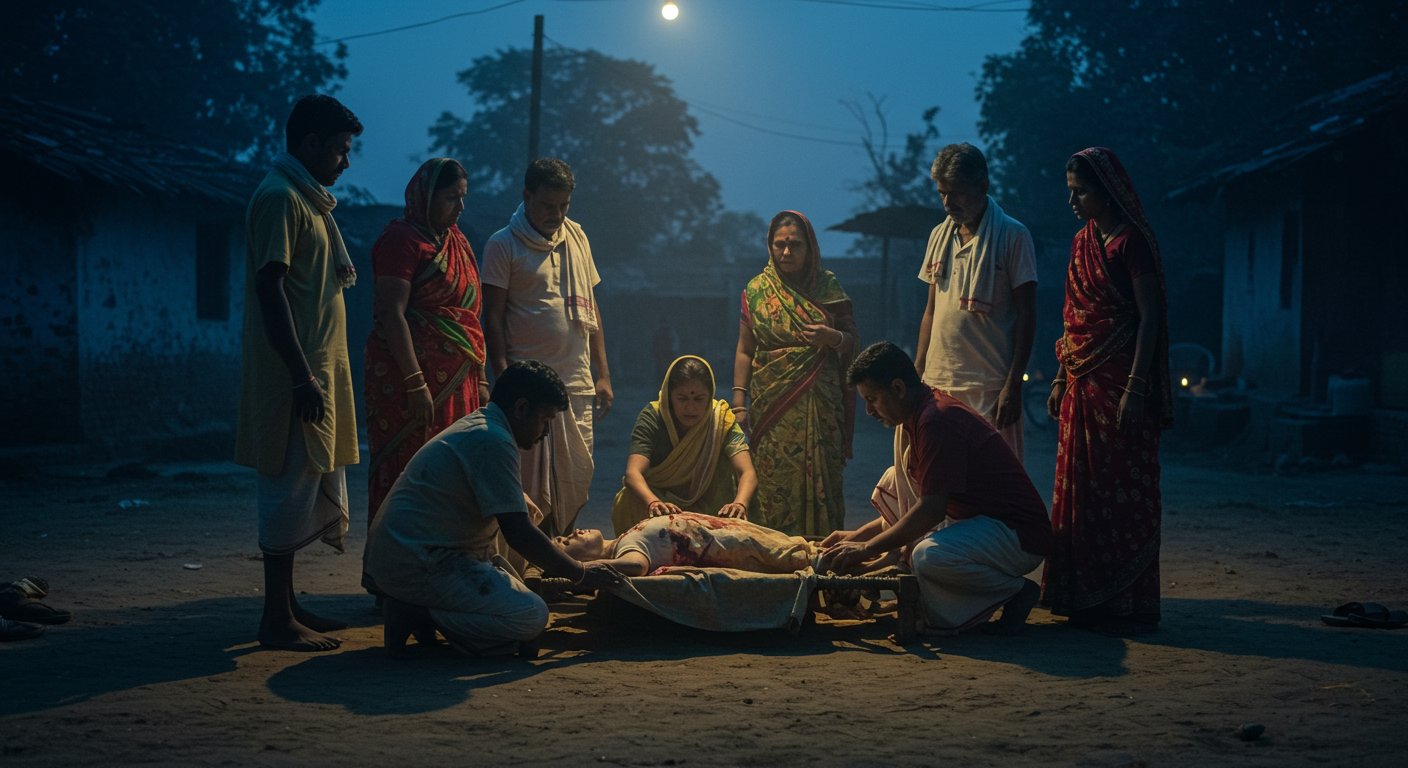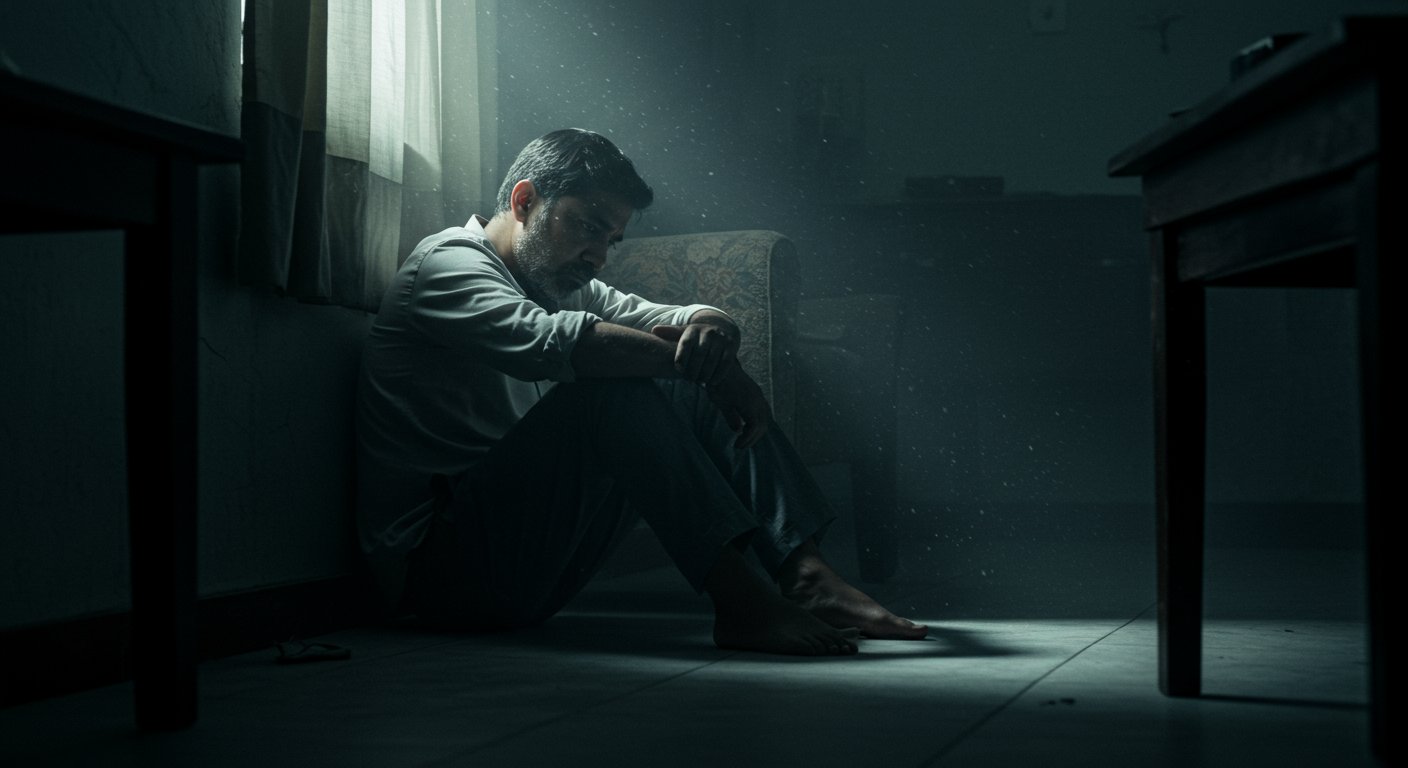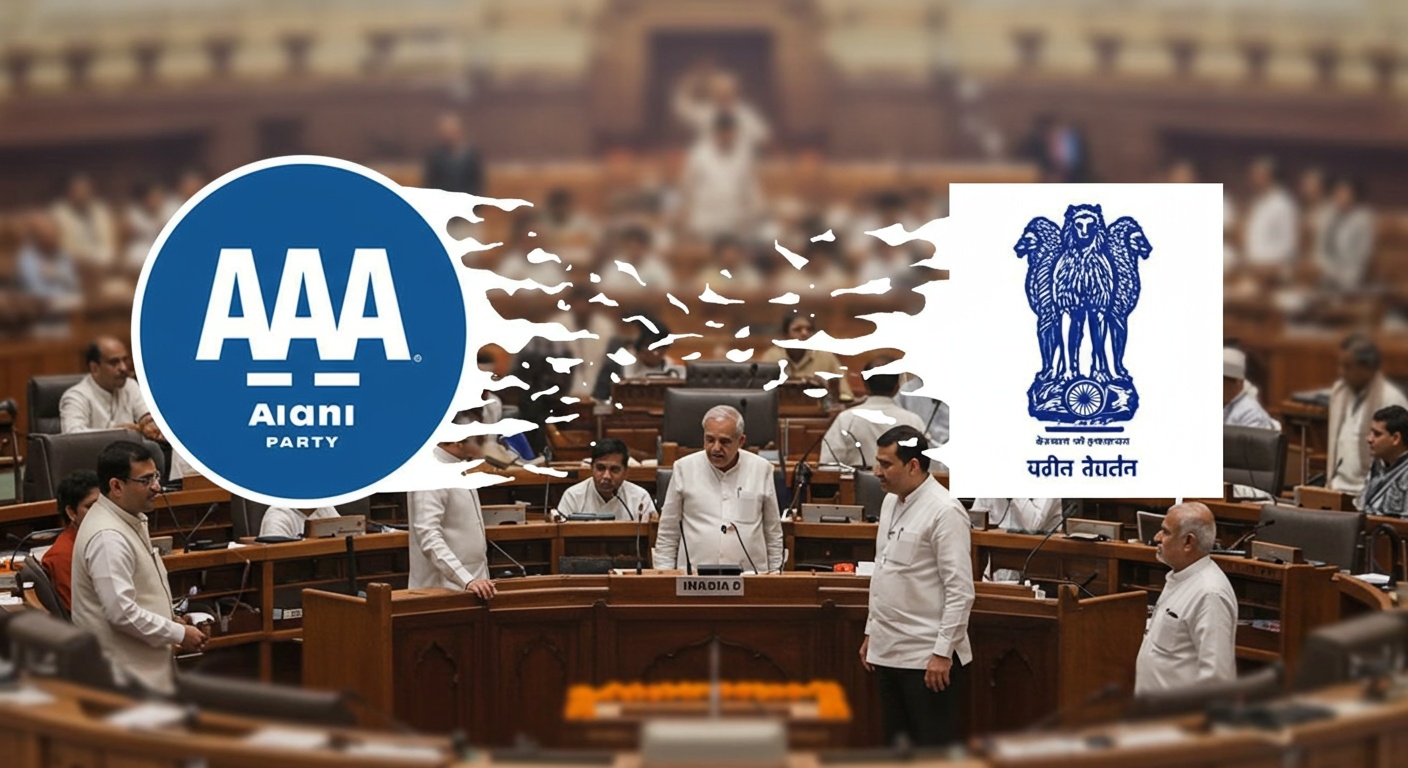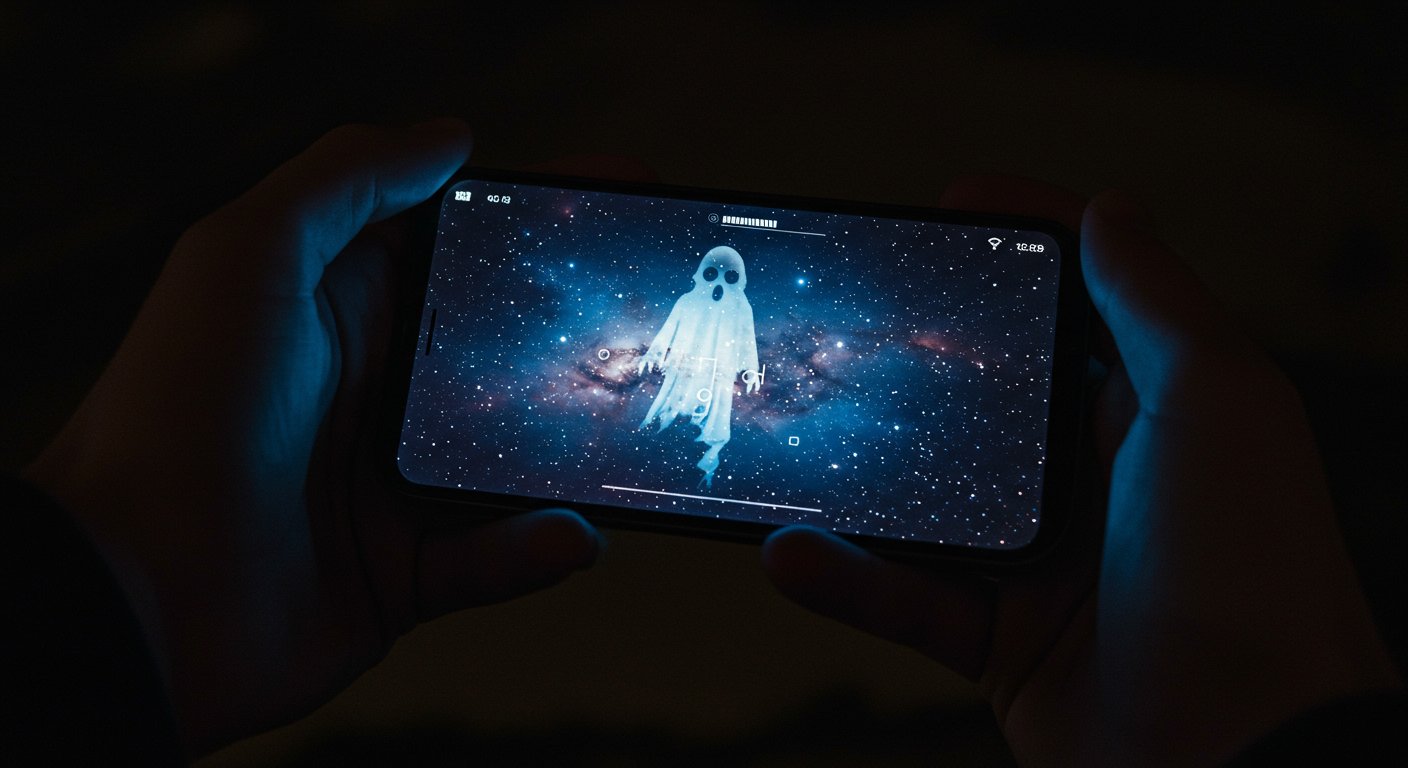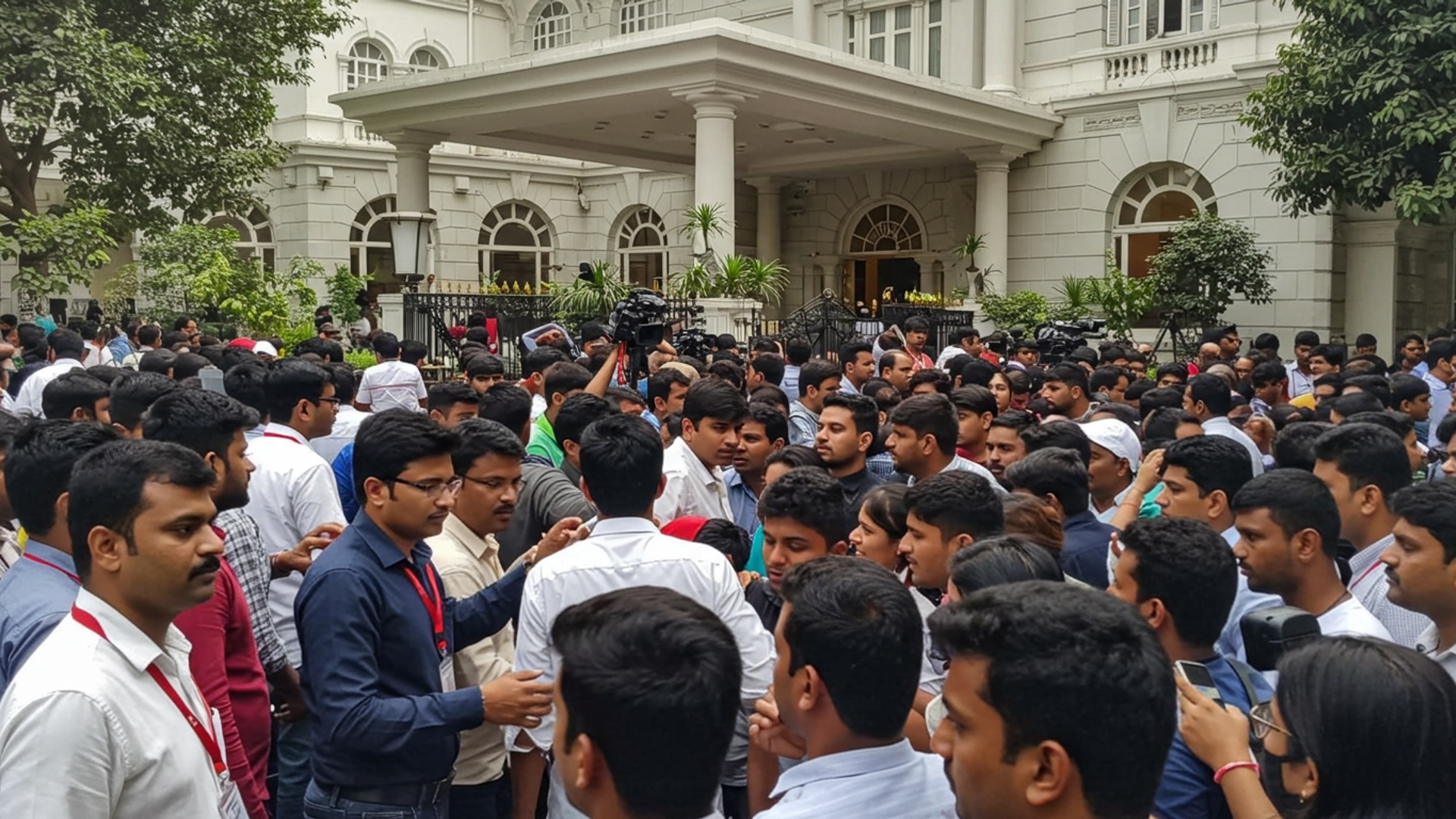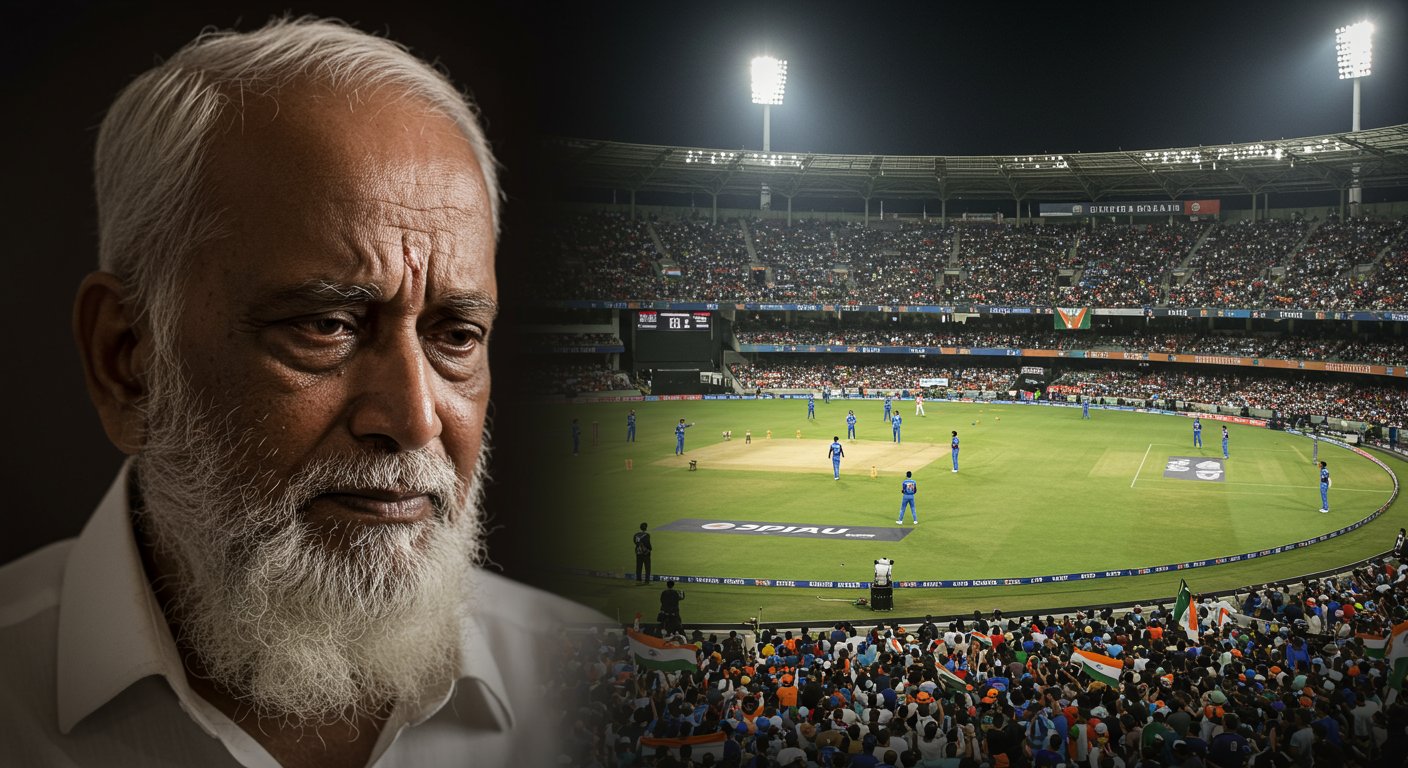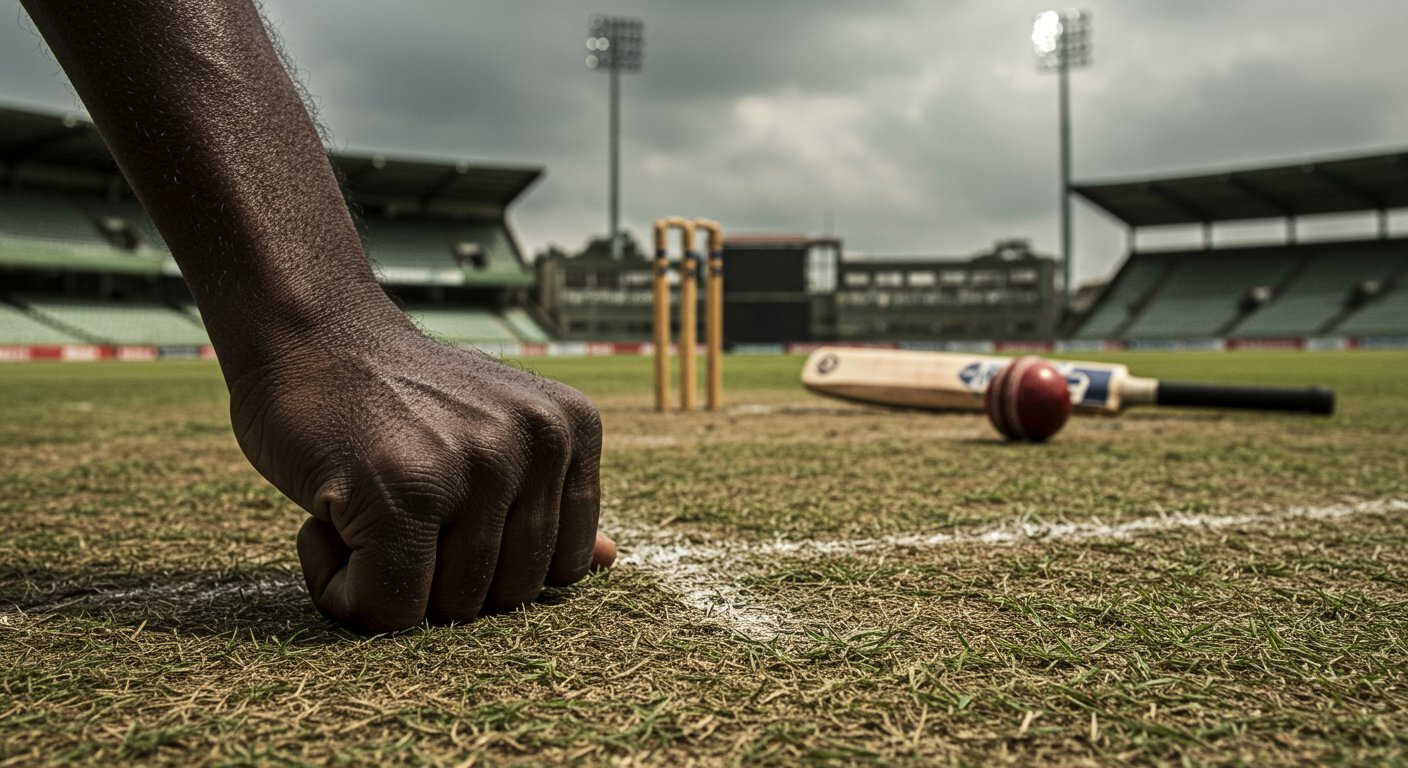Kerala is in a heated debate today as the Governor’s order for colleges to mark ‘Partition Horrors Day’ on August 14 has ignited a fierce state-wide controversy. This directive, meant to remember the pain of India’s 1947 division, faces strong opposition from various political parties and educational bodies across the state. Critics argue it is an attempt to push a particular idea, leading to widespread anger and questions about its true aim.
Governor’s Call Sparks State-Wide Discussion
A significant debate has emerged across Kerala following a directive from the Governor’s office concerning the observance of ‘Partition Horrors Day’. The Raj Bhavan, the official residence of the Governor, issued instructions to universities in the state to commemorate August 14 as ‘Partition Horrors Day’. This directive has led to strong reactions from the state government and various political groups, who question the Governor’s authority and the nature of the observance itself.
What is ‘Partition Horrors Day’?
‘Partition Horrors Day’, officially known as ‘Vibhajan Vibhishika Smriti Diwas’, is a national day of remembrance observed annually on August 14 in India. This day was announced by Prime Minister Narendra Modi in 2021. Its purpose is to remember the victims and the widespread suffering endured by people during the 1947 partition of India. The partition led to one of the largest migrations in human history, resulting in millions being displaced and a significant loss of life due to violence and hate. The day is meant to help people reflect on the need to overcome social divisions and strengthen a sense of unity and human empowerment.
Prime Minister Narendra Modi stated on August 14, 2021, that “Partitions pains can never be forgotten. Millions of our sisters and brothers were displaced and many lost their lives due to mindless hate and violence. In memory of the struggles and sacrifices of our people, 14th August will be observed as Partition Horrors Remembrance Day.”
The directive from the Kerala Raj Bhavan last week asked universities to organize various events such as seminars, commemorative programs, street plays. dramas. These events were to highlight the “trauma” of India’s partition. Universities were also asked to submit action plans for how they would observe the day. Sources from the Raj Bhavan indicated that this directive was based on instructions received from the Union Home Ministry, which suggested that all state governments should observe this day to raise awareness about the horrors of partition.
Different Views Emerge
The Governor’s directive quickly became a point of contention between the Raj Bhavan and the state government. Chief Minister Pinarayi Vijayan and Higher Education Minister R Bindu strongly opposed the move. They stated that the directive was “unconstitutional and unacceptable”. The state government views the Governor’s action as an attempt to operate a “parallel governance system” without the approval of the elected Council of Ministers. They argue that such a directive undermines the authority of the state government.
Kerala Higher Education Minister R Bindu informed reporters in Thiruvananthapuram that the state government was against the observance of ‘Partition Horrors Day’ on campuses. She expressed concerns that it could lead to “communal polarization”.
The state government has since instructed the Director of Collegiate Education and the Director of Technical Education to inform colleges under their control about the government’s decision not to observe the day. Despite this, the Raj Bhavan reportedly sent a reminder to university Vice-Chancellors about the program, though sources close to the Raj Bhavan stated that the observance was not compulsory.
Why the Disagreement?
The primary reason for the disagreement stems from differing interpretations of the Governor’s role and the nature of ‘Partition Horrors Day’. In Kerala, the Governor is the ex-officio Chancellor of all universities in the state. The Governor’s official portal states that while acting as Governor, the Governor functions with the advice of the Council of Ministers. But, as Chancellor, the Governor acts independently and makes their own decisions on university matters.
The state government, led by the Communist Party of India (Marxist) or CPI(M), argues that the Governor’s directive is an overreach of power and an attempt to bypass the elected government. Chief Minister Pinarayi Vijayan alleged that the directive is part of an effort to implement the “Sangh Parivar agenda” and to reduce the importance of Independence Day. He pointed out that groups associated with the ‘Sangh Parivar’ had no role in India’s freedom struggle. Similarly, General Education Minister V. Sivankutty questioned the intent behind observing this day, suggesting that the Governor was echoing the ideology of organizations accused of working to divide society.
Political Parties Speak Out
The controversy has seen various political groups express their stands:
Ruling Left Front (LDF): The CPI(M) and its allies strongly criticized the Governor’s directive. They view it as a politically motivated move aimed at spreading a particular ideology on educational campuses. CPI(M) state secretary M. V. Govindan stated that the circular was part of implementing a specific agenda and insisted that imposing it in Kerala would not be permitted.
Opposition United Democratic Front (UDF): The Congress-led UDF also voiced strong opposition. Leader of the Opposition V. D. Satheesan called the Governor’s actions “unconstitutional” and suggested that the Governor was acting as a spokesperson for “divisive politics”. He urged the Chief Minister to formally protest the Governor’s decision.
Bharatiya Janata Party (BJP): The BJP and its student wing, the Akhil Bharatiya Vidyarthi Parishad (ABVP), supported the Governor’s directive. They proceeded to observe ‘Partition Horrors Day’ in several colleges across the state despite the state government’s opposition. This led to some tension and clashes with student groups like the Students’ Federation of India (SFI), the student wing of the CPI(M), who tore down posters related to the observance.
The table below summarizes the key arguments from the state government and the Governor’s office regarding the directive:
| Point of View | State Government (Chief Minister & Ministers) | Governor’s Office (Raj Bhavan) |
|---|---|---|
| Nature of Directive | Unconstitutional, unacceptable, overreach of authority. | Based on Union Home Ministry instructions for national observance. |
| Governor’s Role | Operating a “parallel governance system”, bypassing elected government. | Acting as Chancellor, independently making decisions on university matters. |
| Impact on Society | Could lead to “communal polarization”, implement “divisive agenda”. | Aims to raise awareness about the suffering of partition victims. |
| Historical Context | Critics allege motives linked to groups not involved in freedom struggle. | Commemorates pain and displacement from 1947 partition. |
Impact on Education
The directive has created uncertainty and tension within the state’s higher education sector. While some universities, such as APJ Abdul Kalam Technological University, initially issued directions to their affiliated colleges to organize the programs, the state government’s intervention instructing colleges not to implement the directive has added to the confusion. The overall response from colleges to the Governor’s call was described as “lukewarm”.
Student organizations have also reacted strongly. The ABVP went ahead with observing the day in some campuses, leading to clashes with the SFI and other student groups. These incidents highlight how the political dispute is affecting the environment within educational institutions.
Looking Ahead
This is not the first instance of a dispute between the Kerala Governor and the state government. Previous disagreements include a row over a ‘Bharat Mata’ portrait and a directive to observe ‘Constitution assassination day’. The ongoing conflict over the ‘Partition Horrors Day’ mandate deepens the existing tensions, particularly regarding higher education policy and the extent of the Governor’s powers as Chancellor.
The situation continues to be watched closely as both constitutional roles and political ideologies clash, with educational institutions becoming a focal point of this state-wide debate.
![]()
